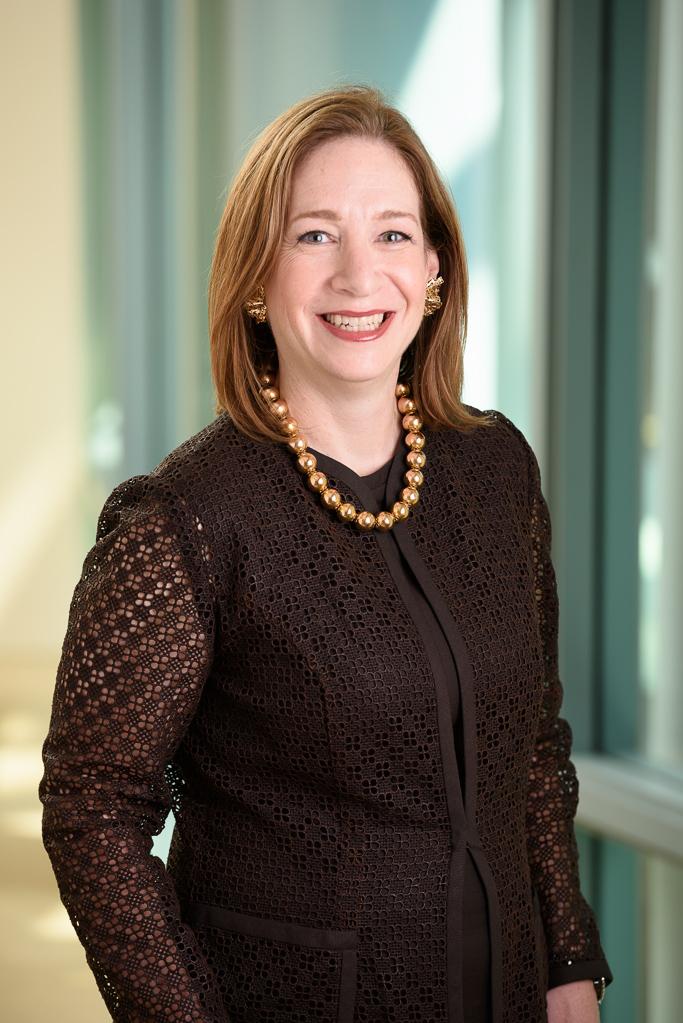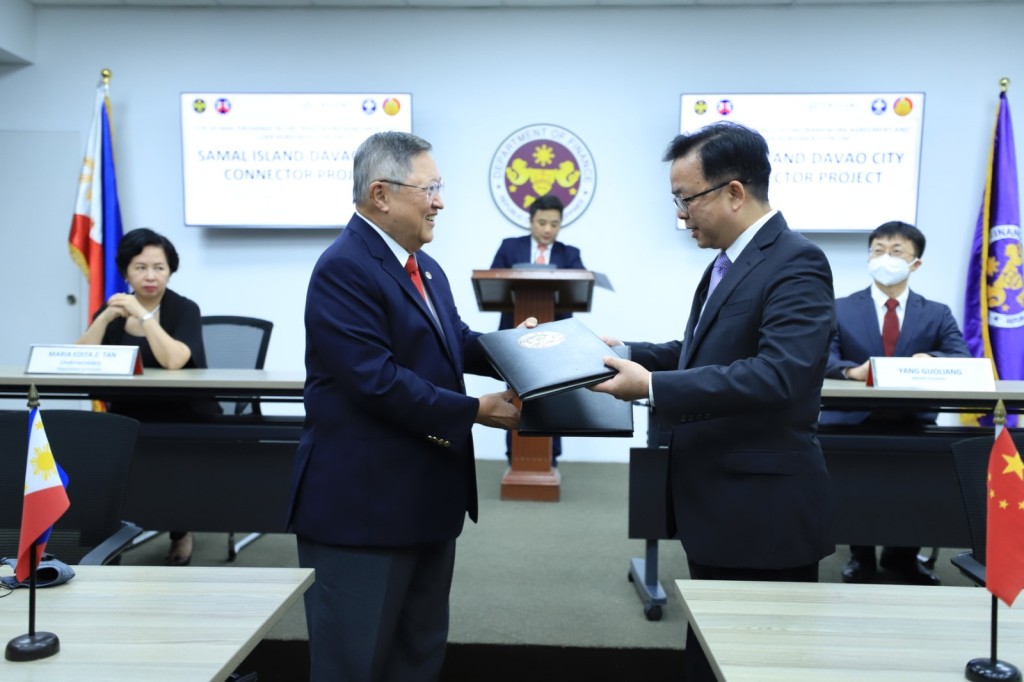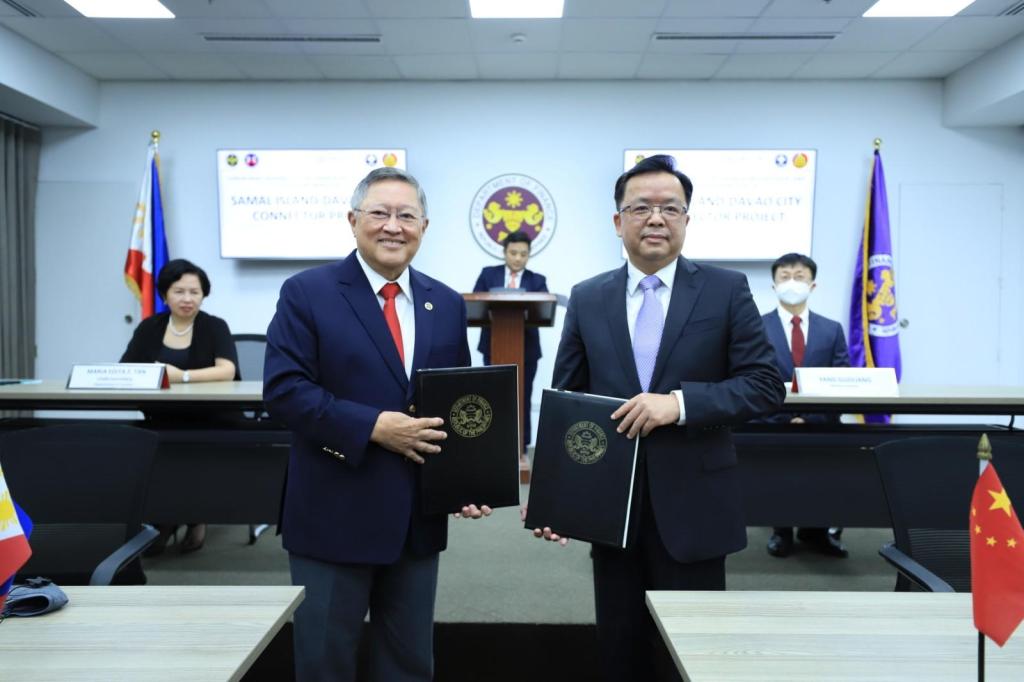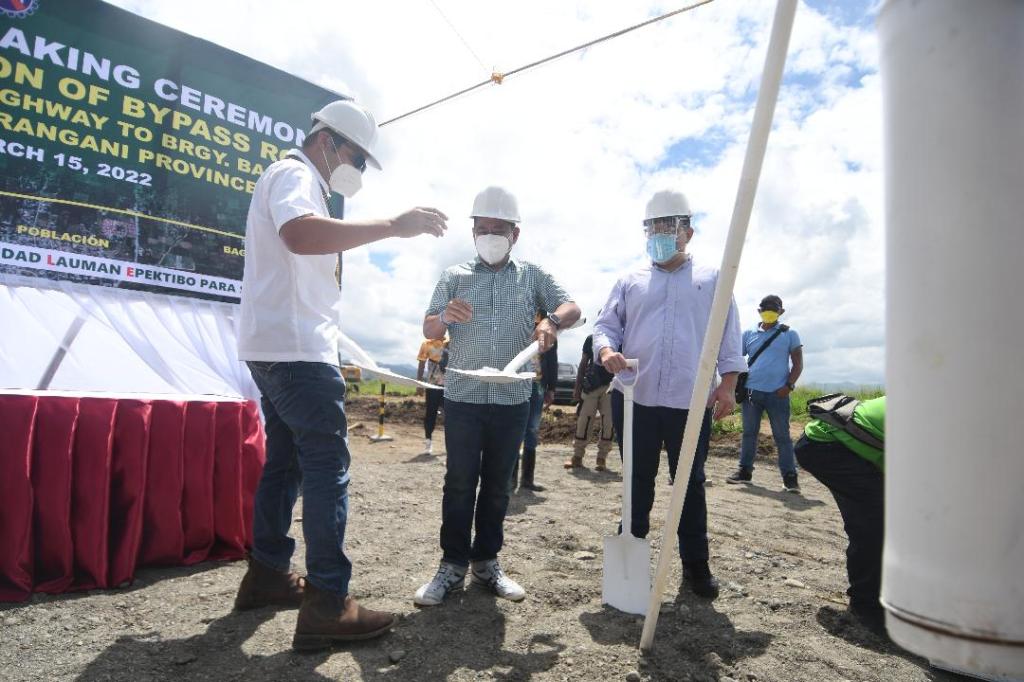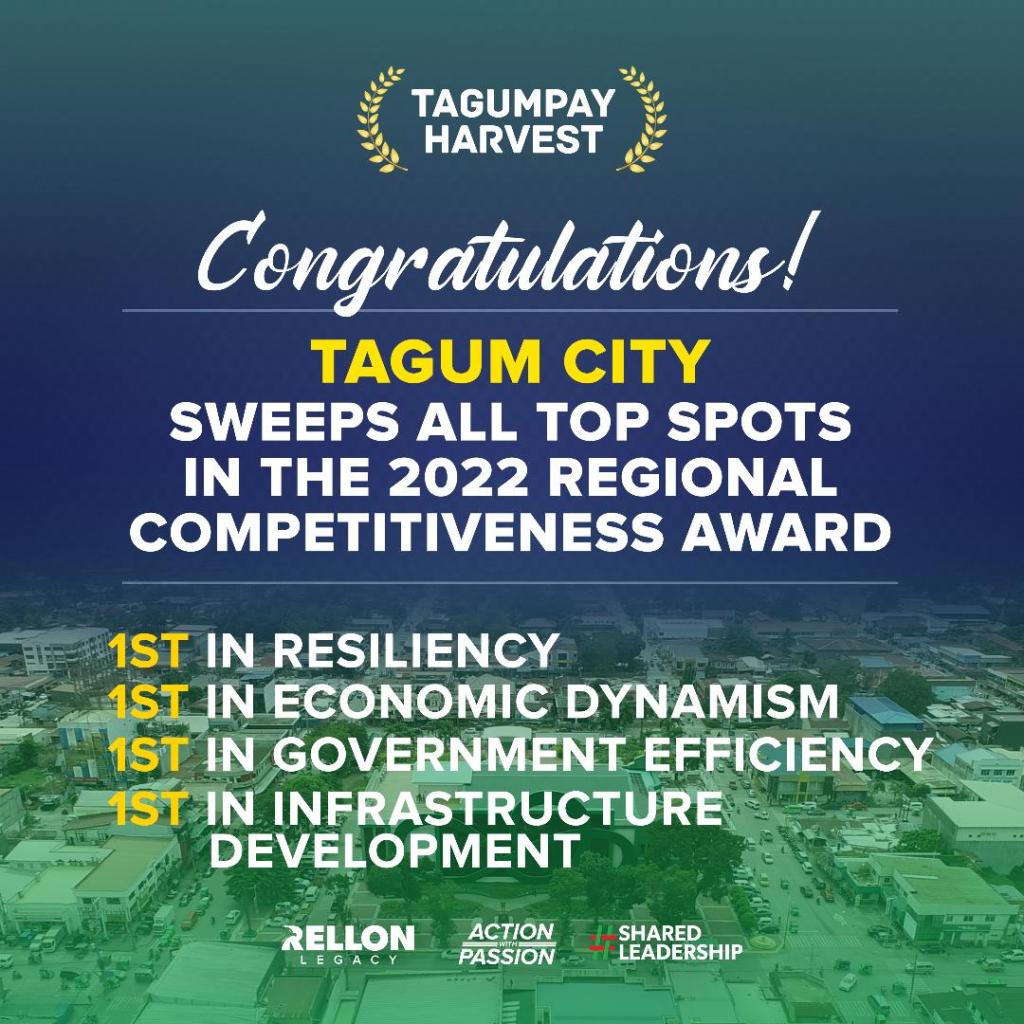Post pandemic recovery
Dominguez: Overcoming challenges of post-pandemic recovery ‘doable’ with BIR, taxpayers’ support
Finance Secretary Carlos Dominguez III said Thursday investing more in infrastructure, social services and climate action to stimulate growth as the government begins the urgent task of outgrowing its pandemic-induced debt are “doable” with the support of the nation’s taxpayers and the sustained strong performance of the Bureau of Internal Revenue (BIR).
In this afternoon’s kickoff of the BIR’s tax campaign, Dominguez underscored the critical role played by taxpayers in helping ensure the country’s rapid and sustainable economic recovery.
The BIR, for its part, should continue making progress in its digital transformation programs, Dominguez said, as he encouraged all taxpayers to make use of electronic channels to file and pay their taxes this year.
“To the men and women of the Bureau of Internal Revenue and our most loyal taxpayers, remember that all of you are not just producing revenues. All of you are the shock troops leading in this historic moment of rebuilding our nation into one that our children and their children deserve. You are all creating a better future for the Filipino people,” Dominguez said at the event held at the Philippine International Convention Center (PICC) Thursday afternoon.
Dominguez said the new generation of entrepreneurs and emerging businesses in the new economy should be reminded of their duty “to ensure that our country moves forward through their prompt and correct payment of taxes.”
He congratulated the BIR under the leadership of Commissioner Caesar Dulay for launching this year’s Tax Campaign Kickoff.
“Your dedication, your professionalism, and your patriotism helped the Bureau consistently meet its annual collection target to help build a prosperous future for the Filipino people,” Dominguez said.
Dominguez said the game-changing reforms began by the Duterte administration helped transform the Philippines into one of the fastest-growing economies in Asia, resulting to historic low unemployment and underemployment rates and a country poised to attain upper-middle-income status by 2020 before the pandemic struck.
He said COVID-19 was merely a temporary setback that the Philippines was able to overcome owing to the tax reforms and enhanced tax administration that helped it gain the financial strength to weather the worst of the crisis.
As a result of the unexpected costs of COVID-19 and lower revenue collections during the pandemic-spawned economic slowdowns, the country’s budget deficit and debt-to-GDP (gross domestic product) ratio rose temporarily, but these remain manageable, Dominguez said.
Dominguez assured the public anew that President Duterte’s economic team has already formulated a program to limit the deficit and improve the debt-to-GDP ratio as part of the fiscal consolidation plan that it will turn over to the next administration.
Essential to this fiscal consolidation program is the improvement of revenue collections to meet the government’s expenditure requirements, Dominguez said.
“This year will be critical. We need to begin outgrowing our debt by restoring our high growth. To lead our strategy for quick recovery, we need to spend more on infrastructure modernization. We must invest more in our public health system and social services. We have to continue procuring vaccines for our people. We need to rebuild the communities damaged by severe weather events caused by climate change,” Dominguez said.
“These are the challenges we face as we begin this year’s tax campaign. But all these are doable. The sustained strong performance of the Bureau of Internal Revenue and the continued support of our taxpayers will bring us there,” he added.
Dominguez said he is fully confident the BIR and the country’s taxpayers “can deliver this year and in the coming periods to ensure that our economic resurgence is sustainable and truly inclusive for every Filipino.”
He cited the BIR’s comprehensive shift to digitalization even before the pandemic as a key factor in ensuring that the government continued to function effectively, and that funds are available for the additional emergency and health measures which needed to be implemented to defeat the pandemic.
“Our enhanced revenue performance enabled us to properly maintain fiscal discipline despite a larger spending program,” Dominguez said.
Before the pandemic, Dominguez said the BIR’s robust and reliable revenue flows ensured the fast and efficient implementation of President Duterte’s “Build, Build, Build” infrastructure program, which has created quality jobs, encouraged new businesses, and improved accessibility for all our communities.
The BIR’s solid performance also enabled the government to invest heavily in social services to boost human capital development; and provide universal health care coverage, housing, unconditional cash transfers for low-income households, free water for irrigation, and free tertiary education in state colleges and universities, Dominguez said.
He said the strong pre-pandemic revenue flows was made possible by the BIR’s improved tax administration, digitalization and the tax reforms implemented by the Duterte administration.
“Over the last five and a half years, we passed and implemented the most comprehensive tax reform program ever in our country’s history. We built a tax system that upholds simplicity, fairness, and efficiency. Along with the Bureau’s digitalization efforts and administrative reforms, all these have widened the tax base and simplified the process of revenue collection,” Dominguez said.


